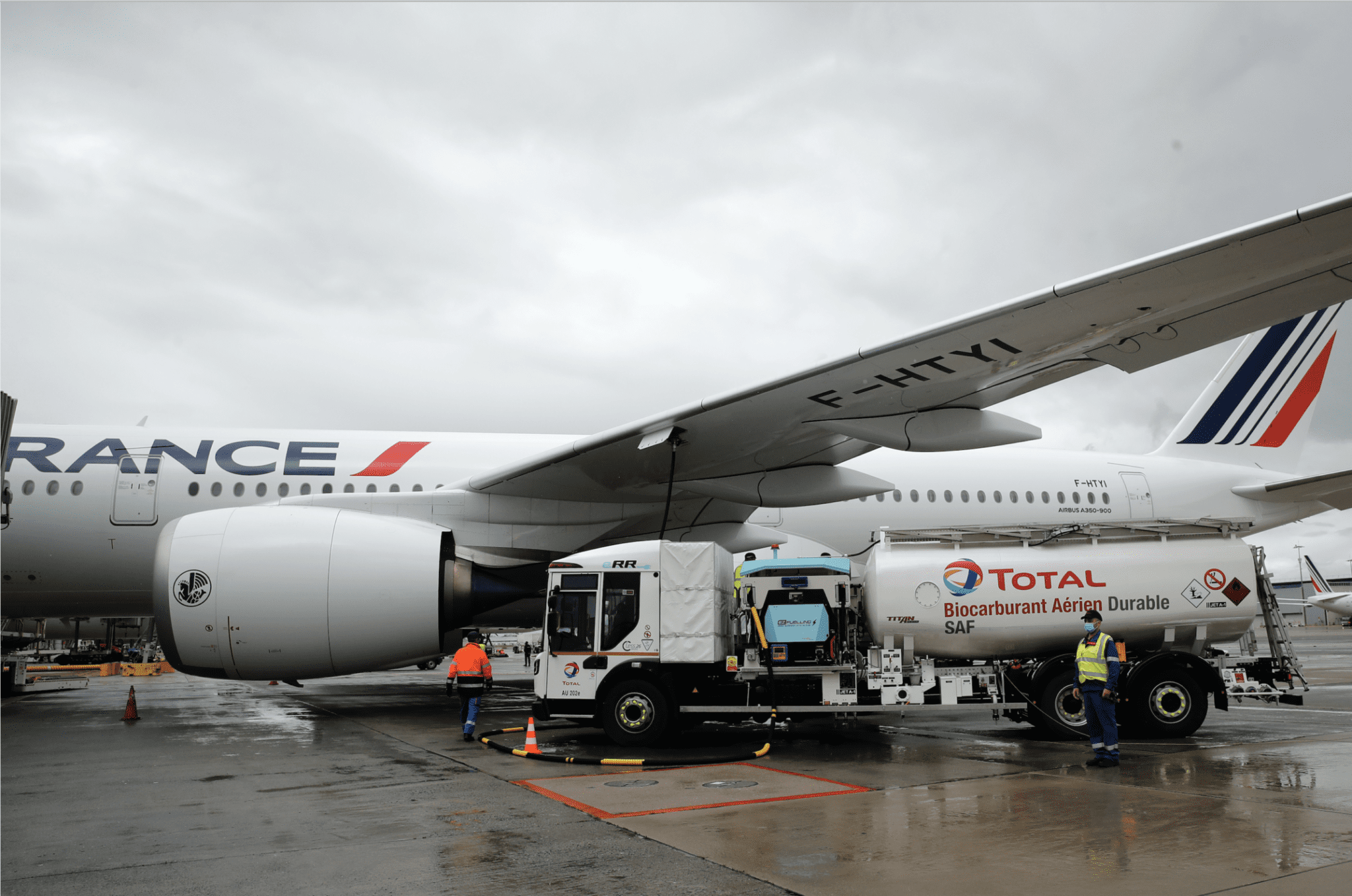Researchers at Washington State University have developed a new method for converting plastic waste into jet fuel and other in-demand hydrocarbon products.
The process, published in the journal Chem Catalysis, reveals a highly efficient method that converts nearly 90 percent of the input material.
The technique is also fast, taking less than an hour from start to finish.
“In the recycling industry, the cost of recycling is key,” lead researcher Hongfei Lin said in a news release.
“This work is a mile stone for us to advance this new technology to commercialization,” said Lin, an associate professor of chemical engineering at the Washington State.
The breakthrough is a double dose of good news because accumulation of plastics in ecosystems across the globe remains a serious environmental issue – and recycling is among the more important solutions.
“In the recycling industry, the cost of recycling is key,” Lin said. “This work is a milestone for us to advance this new technology to commercialization.”
Plastic waste can also be converted into usable chemicals, but conversion methods are currently too expensive and energy intensive. As a result, just 9 percent of plastic waste is recycled in the United States.
But the research shows results are swift, with conversion coming within an hour at moderate temperatures.
The technique worked at temperatures of 428 degrees Fahrenheit, much lower than temperatures used for other conversion methods.
“Before the experiment, we only speculated but didn’t know if it would work,” Lin said. “The result was so good.”
The WSU researchers’ catalytic process targets polyethylene for the conversion to jet fuel.
Polyethylene is used in products from plastics bags, plastic milk jugs and shampoo bottles to corrosion-resistant piping, wood-plastic composite lumber and plastic furniture.
That’s a lot of jet fuel for the future.


















Add comment